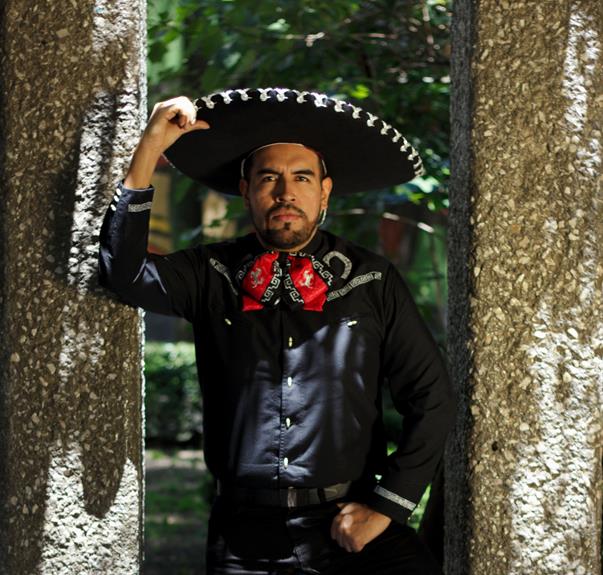
As I wander through the vibrant streets of Spain, I can't help but marvel at the popularity of sustainable cultural festivals. It's fascinating how these events have seamlessly intertwined environmental consciousness, cultural preservation, and economic benefits. From the lively streets of Barcelona to the historic sites of Madrid, it's clear that Spain has taken the lead in embracing sustainable practices in their festivals. Join me as we explore the reasons behind Spain's love affair with sustainable cultural celebrations.
Key Takeaways
Table of Contents
- Measurable environmental impact and waste management are crucial factors in evaluating the success of sustainable cultural festivals in Spain.
- Sustainable cultural festivals actively contribute to the preservation of cultural heritage by showcasing and celebrating traditional practices.
- These festivals attract visitors, boost tourism, create job opportunities, and support local businesses, contributing to the economic growth of the communities hosting them.
- Sustainable cultural festivals in Spain emphasize inclusivity, diversity, and social engagement, fostering unity, acceptance, and cultural education among attendees.
Environmental Impact of Cultural Festivals
One of the key factors in evaluating the success of sustainable cultural festivals is their measurable environmental impact. Reduction strategies and effective waste management play a crucial role in ensuring these festivals are environmentally friendly. To minimize waste, organizers implement strategies such as promoting recycling, reducing single-use plastics, and encouraging attendees to bring reusable containers. Waste management systems are in place to collect and properly dispose of waste generated during the festivals. Recycling stations are strategically placed throughout the festival grounds, making it convenient for visitors to recycle their waste. Additionally, composting initiatives are often implemented to divert organic waste from landfills. By implementing these reduction strategies and efficient waste management practices, sustainable cultural festivals are able to significantly reduce their environmental impact and contribute to a more sustainable future.
Cultural Preservation Through Sustainable Festivals
Sustainable cultural festivals in Spain actively contribute to the preservation of cultural heritage. These festivals serve as platforms for showcasing and celebrating traditional practices that have been passed down through generations. By incorporating elements of cultural heritage into the festival programs, organizers ensure that these traditional practices are not forgotten or lost over time. Through dance performances, music concerts, art exhibitions, and culinary experiences, these festivals create opportunities for locals and tourists alike to immerse themselves in the rich tapestry of Spanish culture. In addition, sustainable practices such as using eco-friendly materials, promoting recycling, and reducing energy consumption, further emphasize the importance of preserving cultural heritage for future generations. By combining cultural preservation with sustainable practices, these festivals truly embody the essence of Spain's vibrant cultural identity.
Economic Benefits of Sustainable Cultural Events
As an avid attendee of sustainable cultural festivals in Spain, I have witnessed firsthand the significant economic benefits these events bring to local communities. These festivals have a positive impact on the local economy in several ways:
- Increased tourism: Sustainable cultural events attract visitors from both within and outside the country, boosting tourism and bringing in revenue for local businesses such as hotels, restaurants, and shops.
- Job creation: The organization and execution of these festivals require a range of services, from event planning and production to security and hospitality. This leads to the creation of job opportunities for local residents, thereby stimulating the economy.
- Promotion of local products: Sustainable cultural events often showcase local artisans, farmers, and producers, providing them with a platform to sell their goods. This not only supports local businesses but also helps preserve traditional crafts and culinary traditions.
Social and Community Engagement at Festivals
I actively engage with the community at sustainable cultural festivals in Spain, connecting with fellow festival-goers and participating in various social activities. What I appreciate most about these festivals is the emphasis on inclusivity and diversity. People from different backgrounds, cultures, and ages come together to celebrate and share their unique traditions. It creates a sense of unity and acceptance, fostering a vibrant and welcoming atmosphere. Additionally, these festivals provide a platform for cultural education. Through workshops, performances, and exhibitions, attendees have the opportunity to learn about different customs, art forms, and cuisines. This not only enriches our understanding of other cultures but also promotes mutual respect and appreciation. Overall, the social and community engagement at sustainable cultural festivals in Spain is a powerful force that promotes diversity, inclusivity, and cultural understanding.
Spain's Leadership in Sustainable Festival Practices
Spain's leadership in sustainable festival practices is evident through its commitment to environmental conservation and innovative approaches to event management. The country has successfully integrated sustainable event planning techniques into its long-standing Spanish festival traditions.
- Recycling stations are strategically placed throughout festival grounds, allowing attendees to easily dispose of their waste and reduce their ecological footprint.
- Renewable energy sources, such as solar panels and wind turbines, are utilized to power festival stages and facilities, minimizing reliance on non-renewable resources.
- Local and organic food vendors are encouraged, promoting sustainable agriculture and reducing the carbon footprint associated with transporting food long distances.
Frequently Asked Questions
How Do Sustainable Cultural Festivals in Spain Contribute to the Reduction of Waste and Carbon Emissions?
Sustainable cultural festivals in Spain contribute to the reduction of waste and carbon emissions through recycling programs, composting initiatives, the use of renewable energy, and promoting public transportation.
What Measures Are Taken to Ensure the Preservation of Traditional Cultural Practices During Sustainable Festivals in Spain?
Preservation measures are crucial in sustainable festivals in Spain. It's important to maintain the authenticity and cultural practices that make these festivals unique. By doing so, we honor our heritage and create a meaningful experience for attendees.
Can Sustainable Cultural Festivals in Spain Boost the Local Economy and Generate Employment Opportunities?
Can sustainable cultural festivals in Spain boost the local economy and create employment opportunities? Absolutely! By attracting tourists, supporting local businesses, and hiring staff, these festivals have a positive impact on the community's financial well-being.
How Do Sustainable Cultural Events in Spain Promote Social Cohesion and Community Development?
Sustainable cultural events in Spain promote social cohesion and community development by fostering social inclusion and minimizing environmental impact. They bring people together, create shared experiences, and encourage a sense of belonging.
What Specific Initiatives or Policies Has Spain Implemented to Become a Leader in Sustainable Festival Practices?
Spain has implemented several initiatives and policies to become a leader in sustainable festival practices. These include promoting eco-friendly practices, supporting local artisans and businesses, and encouraging community involvement in event planning and management.




Leave a Reply
You must be logged in to post a comment.